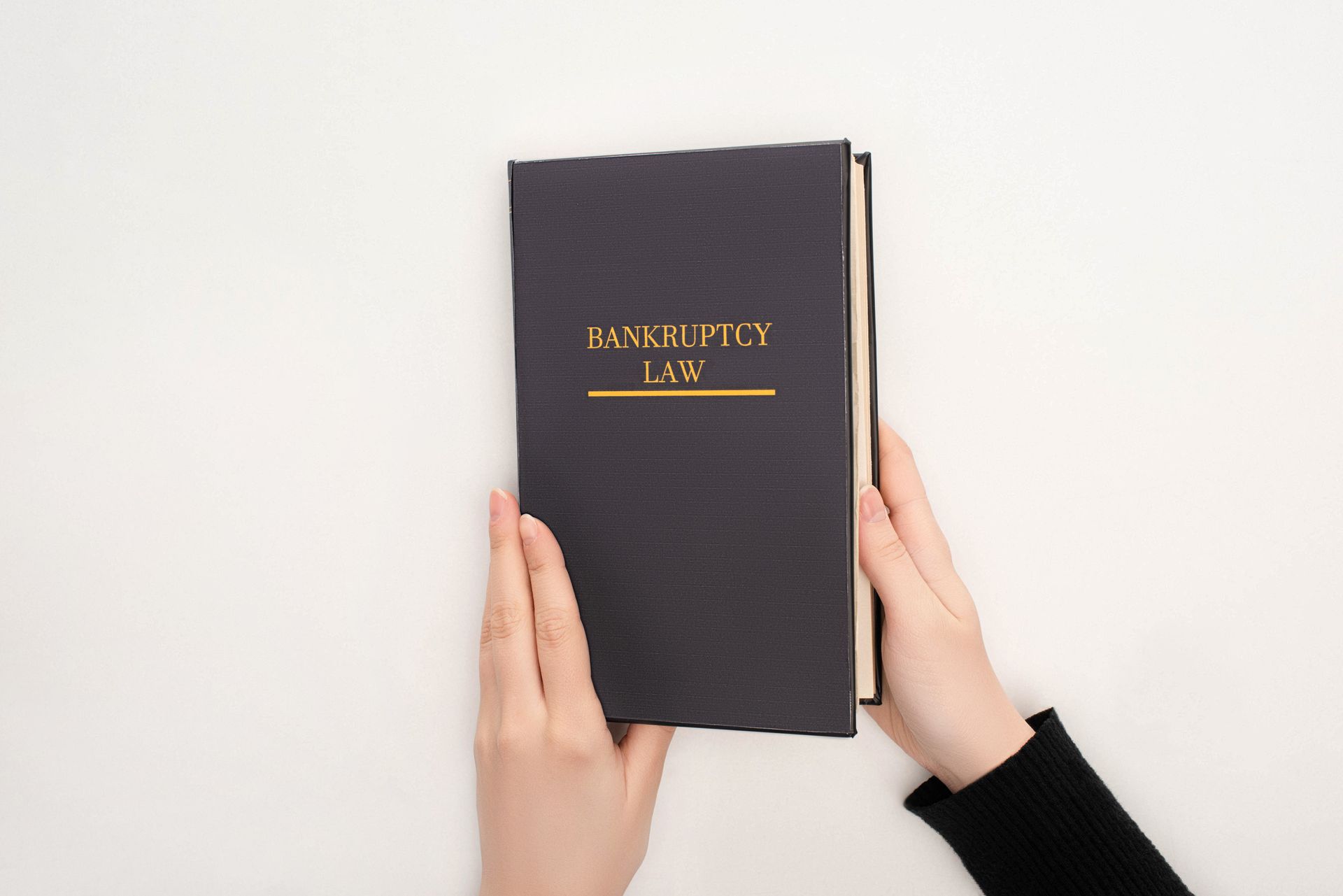What Is A Subchapter V Bankruptcy?
What Is Subchapter V Bankruptcy?
Subchapter V bankruptcy is a relatively new option designed to help small businesses reorganize their finances while continuing to operate. Part of the Bankruptcy Code, Subchapter V was introduced through the Small Business Reorganization Act of 2019. It provides a streamlined process that offers a more affordable and efficient way for small businesses to restructure their debts. If you're a business owner struggling with debt, Subchapter V may be a suitable choice to help you stay afloat and return to profitability.
How Does Subchapter V Bankruptcy Work?
Subchapter V offers an alternative to traditional Chapter 11 bankruptcy, focusing on small businesses with less complicated financial structures. In this process, business owners are given the opportunity to create a repayment plan for their debts, which typically lasts three to five years. Unlike Chapter 11, Subchapter V allows for more flexibility and a quicker resolution, making it an attractive option for small businesses looking to reorganize without incurring the costs and lengthy delays associated with traditional bankruptcy procedures.
Eligibility for Subchapter V Bankruptcy
To qualify for Subchapter V bankruptcy, a business must meet specific criteria. Generally, the business must have less than $7.5 million in debt, a threshold set by the Small Business Reorganization Act. This includes both secured and unsecured debts. The business must also be a for-profit entity that operates as a small business, rather than a large corporation. Additionally, Subchapter V is available to sole proprietors, partnerships, and corporations, provided they meet these debt limits.
Benefits of Subchapter V Bankruptcy
One of the major advantages of Subchapter V bankruptcy is the reduced costs and simpler process compared to traditional Chapter 11 filings. The streamlined process eliminates the need for a creditors' committee, and the court supervises the entire process with more frequent hearings. Business owners maintain more control over their operations, as they are responsible for drafting and submitting their repayment plan. Furthermore, Subchapter V offers greater flexibility in negotiating with creditors, which can lead to more favorable outcomes.
How Does Subchapter V Compare to Other Bankruptcy Options?
While Subchapter V bankruptcy shares similarities with Chapter 11, it is distinct in its focus on small businesses. Chapter 11 can be costly and time-consuming, often requiring extensive legal and financial resources. In contrast, Subchapter V is designed to offer a more efficient, lower-cost option for small businesses. Another key difference is that in Subchapter V, business owners retain more control over the reorganization process, as opposed to the more complex Chapter 11 structure.
If you’re a small business owner facing overwhelming debt, Subchapter V bankruptcy might provide a solution to restructure your financial obligations and continue operating. With its streamlined process, lower costs, and flexibility, it can be an ideal choice for businesses looking for a path to recovery. If you think Subchapter V bankruptcy could be the right option for your business, reach out to The De Leo Law Firm in Mandeville, LA, to explore your options and begin the process of regaining control of your business's future.











